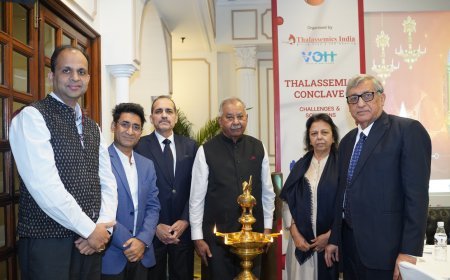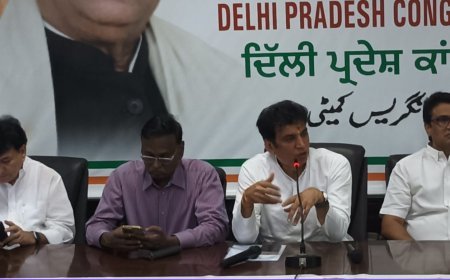OpIndia AI: Google Clarifies Bard's Responses Don't Mirror Its Perspective On Algorithmic Bias
Minister of State for Electronics and Information Technology, Rajeev Chandrasekhar, responded to the post, asserting that safe harbor protections would not be applicable to platforms promoting algorithmic or search bias

In the face of user accusations regarding artificial intelligence (AI) and algorithmic bias within Bard, Google has openly acknowledged the potential for inaccuracies in its AI chatbot responses. The tech giant clarified that these responses do not necessarily align with Google's official perspective. The controversy emerged when, on November 16, a user on X (formerly Twitter) shared screenshots of a conversation with Google Bard, requesting a summary of an article from OpIndia. The AI chatbot's response claimed it couldn't summarize the article, alleging that OpIndia spreads false information.
In light of this, Minister of State for Electronics and Information Technology, Rajeev Chandrasekhar, responded to the post, asserting that safe harbor protections would not be applicable to platforms promoting algorithmic or search bias, or whose AI models exhibit discriminatory behavior. The minister went on to encourage users to file FIRs (First Information Reports) against platforms found propagating such algorithmic bias.
Also Read: Apple Pencil Review: Specifications, Price, Features & More
Google's acknowledgment of potential inaccuracies in AI-generated responses reflects the evolving challenges in managing algorithmic systems. The incident underscores the delicate balance tech companies must strike between promoting freedom of expression and combating the spread of misinformation.
Minister Rajeev Chandrasekhar's stance implies growing scrutiny of platforms and their responsibility in mitigating biases within AI algorithms. The call for users to file FIRs against platforms amplifies the government's commitment to addressing algorithmic bias seriously.
As technology continues to play an integral role in information dissemination, the incident with Google Bard highlights the need for transparent and accountable AI systems. Striking the right balance between innovation and ethical use of technology remains a complex challenge for companies operating in the digital space.
In conclusion, the controversy surrounding Google Bard serves as a reminder of the ongoing discourse on AI ethics and the imperative for tech companies to address and rectify biases within their algorithms to ensure fair and accurate information dissemination.


















































